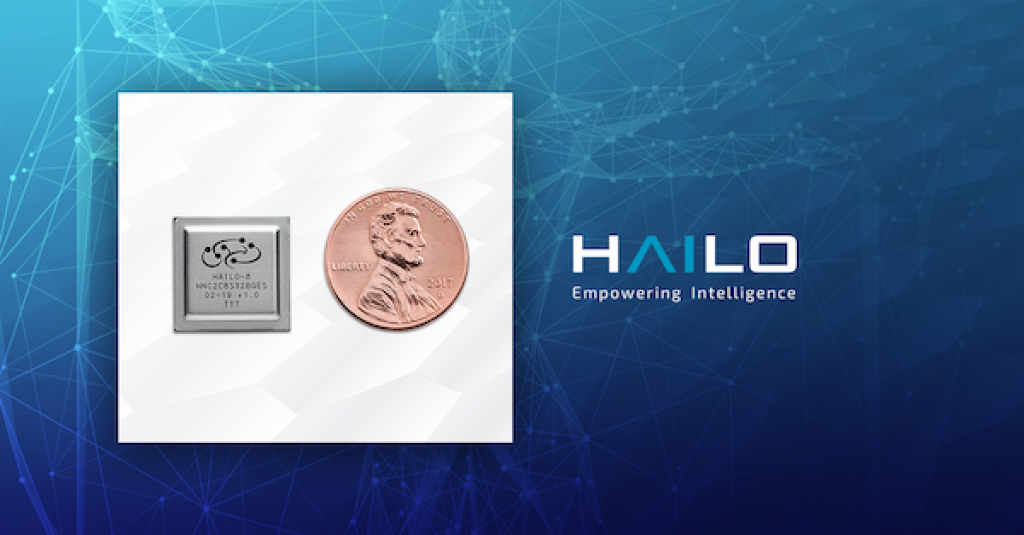On December 17, 2019 at 9 am PT (noon ET), Uri Weiser, emeritus professor in the Electrical Engineering department at Technion IIT, and Avi Baum, co-founder and CTO of Hailo, will co-present the free one-hour webinar “A Computer Architecture Renaissance: Energy-efficient Deep Learning Processors for Machine Vision,” organized by the Embedded Vision Alliance. Here’s the description, from the event registration page:
The resurgence of research and development activity in computing architectures in recent years is rooted in fundamental concepts which will further drive the industry forward in the coming decades. 60-year-old legacy processing approaches are being pushed aside, making room for new techniques that will empower diverse industries to new frontiers. Deep learning, a dominant discipline among those domains, will lead this renaissance by virtue of the fact that it is well-suited for various perception-related tasks. Welcome to the era of domain-specific architectures. Why this? And why now?
Hailo has developed a specialized deep learning processor that delivers the performance of a data center-class computer to edge devices. Hailo’s AI microprocessor is the product of a rethinking of traditional computer architectures, enabling smart devices to perform sophisticated deep learning tasks such as imagery and sensory processing in real time with minimal power consumption, size and cost.
In this webinar, Hailo will navigate through the undercurrents that drove the definition and development of Hailo’s AI processor, beginning with the theoretical reasoning behind domain-specific architectures and their implementation in the field of deep learning, specifically for machine vision applications. They will also describe various quantitative measures, presenting detailed design examples in order to make a link between theory and practice. A question-and-answer session will follow the presentation.
To register for this free webinar, please see the event page. For more information, please email [email protected].
UPDATE: Now that the live webinar is over, see here for the on-demand archive.


